The Writing Life of: John Simes
John Simes
This week I am thrilled to be interviewing author John Simes. John will be sharing with us detail of his writing life, telling us all about his latest book ‘A Game of Chess‘, which was released on 19th September 2018 and answering a few fun questions too. This post contains affiliate links.
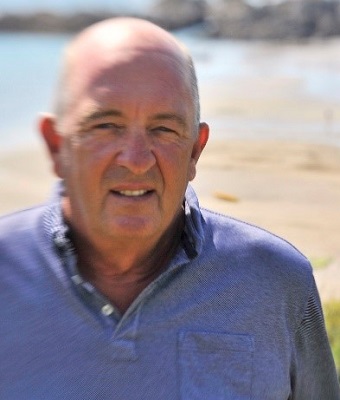
After his career as a teacher and school leader, John Simes founded Collingwood Learning – a consultancy for school improvement. In 2013 he established Collingwood Publishing Limited.
John lives with his family in South Devon, England, where he grapples with his addictions to cricket, poetry, and the stunning local landscape, as well as his continuing enthusiasm for education.
A Game of Chess is his second novel and is the sequel to The Dream Factory.
1) As a child did you have a dream job in mind?
I wanted to play cricket for England then I wanted to be an actor and finally I wanted to write stories. But my parents said I should get a proper job and so I trained to be a teacher – which was rather like acting – and I really enjoyed it and found I had a talent for it.
2) Who was your favourite childhood author (s)?
Probably Robert Louis Stevenson and Rudyard Kipling I did read a lot of poetry buy whole range writers. I read very little fiction until stumbling on Austen and Joyce. I really loved acting in plays and did a lot of drama at school and in amateur theatre. I always enjoyed reading out the dialogue from a piece of writing, and I think the dialogue is a real strength of my fiction.
3) Was there a particular point in your life that you realised you wanted to be a writer?
I was about 13 years of age, and I had spent ages writing a story about a prisoner escaping from a German POW camp to Switzerland. As it happened my family had taken me there on holiday so I used my memories of the landscape. It was read out to the whole class who were probably bored to tears, as I really enjoyed listening to it being read by somebody else. But life, family, career really delayed my fiction writing until finally I decided to take it seriously.
4) What is your average writing day like? Do you have any special routines, word count, etc?
I am not as well-disciplined as some – very messy as you can see! My best days or when I have been for a swim and then settle down to write for 3 or 4 hours until about 2 o’clock in the afternoon – I was at a talk by Joanna Penn on this question.
I find that really suits me. I force myself not to reply to emails or use social media during this time. The thing that works best for me is to go for a week in Spain up in the mountains, and I just get completely involved in it. Once a year we travelled to Spain to a Finca with a swimming pool and I just sit in the shade and write while my wife Jo swims.
She then reads what I have done, and we talk about it over a bottle of wine. I find that very intense and creative, although I do live in a very lovely place in South Devon. But a week or two away really helps me to shift a lot of work.
We live right by the sea in Challaborough, and the views can be spectacular! The landscape and coastline has a very major impact upon my work. It is historic, mysterious and utterly dramatic!
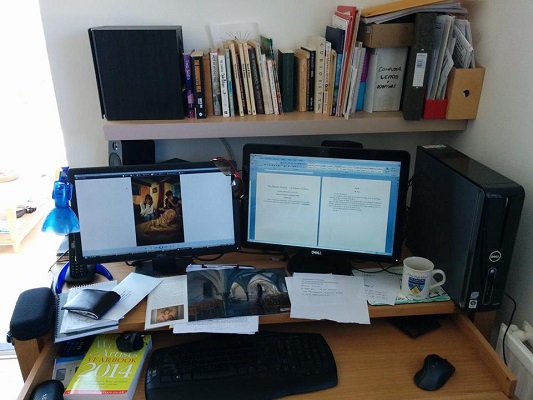
Where John Writes
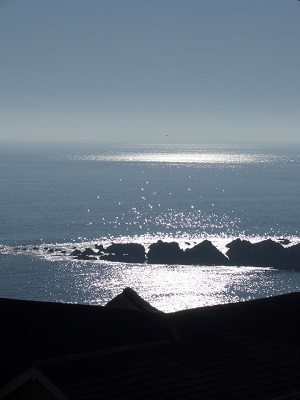
View from where John Writes
5) How many books have you written? Any unpublished work?
Teaching books I have written 3 teaching books and two novels. A Game of Chess – the most recent book – was a real challenge coming in at 100,000 words. The first book, The Dream Factory, has been very successful and is going into its third edition. I have also published a book of poetry written by an old friend of mine which I edited. I really enjoyed doing that and we are now building a small publishing imprint called Collingwood Publishing.
I have 3 unpublished children’s books waiting in the wings, a set of short stories, and a short book of travel writing so I’m going to be very busy over the next 2 or 3 years. It is very exciting time And I love getting feedback from reviewers, family and readers who contact me directly.
6) Are you a plotter or a pantser?
I am definitely a pantser – which is a rather lovely word. I did try to use the JK Rowling chart to plot a game of chess but quickly gave it up. It was useful later when I went through the book to map out the appearances of the various characters. That was good. But otherwise it really is a question of taking my mind for a walk I’m letting it tell me what to write.
Generally I don’t find that difficult at all, but I’m very choosy about the language and the quality of what emerges at the end. I ceaselessly revise and review my writing and make use of a team of readers of all ages. I rarely discard anything; what I certainly don’t have to do is cross out large chapters or sections of text. Anything that is rejected is always saved in a special ‘compost’ file. My mind seems to know where the plot is going and the result is always cohesive, or so readers tell me. I always tell children and students to trust their thinking and intuition.
Concerning your latest book:
The Dream Factory Book Two
Publisher – Collingwood Publishing
Pages – 373
Release Date – 19th September 2018
ISBN 13 – 978-1999635909
Format – ebook, paperback
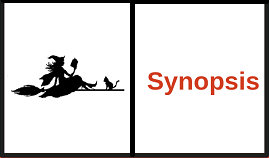
A Game of Chess is the thrilling sequel to The Dream Factory.
When technology and evil collide, the results are devastating. Peter Young thought things couldn’t get any worse after his parents were snatched from his home. He was wrong.
With the help of a revolutionary ephone called Om, and his girlfriend Navinda, Peter’s desperate search for his parents takes him from a sleepy Devon village to the chaos of London.
However, Peter and Navinda are merely pawns in a deadly game of chess, orchestrated by criminal mastermind Rosencrantz and the sinister Golden Hand. Who will play the final checkmate?
7) How did you go about researching the content for your book?
In A Game of Chess, the scene shifts from my local village of Ringmore and the coast to London. I know London pretty well. But I had to do some research when I decided to use an abandoned tower and medieval prison cell at Lambeth Palace as the setting for the novel. I managed to persuade the Archbishop of Canterbury’s secretary to let me go into Chicheles Tower, part of which has been shut since World War 2. I took a Gopro camera with me and got some fantastic footage for the most exciting part of the novel.
I also took the train journeys – including the underground – that the characters take in the book. That was really helpful, and I took a lot of photographs and video which I was then able to use when writing the narrative. I find that really effective way of working, and researching the book in that way is really fun.
The main characters in the book are Peter – a 17-year old version of me – and Navinda Eman. She is the daughter of a Palestinian family living in Birmingham and I had to build this character from scratch. I had a lengthy conversation on a train with someone from the Society of Muslim women – I then had further email chats about social norms and teenage relationships within the Arab community. I then met, by chance, someone who was visually how I imagined Navinda to be and wrote a short story about the encounter.
The rest of the book is based on the area where I live and the surrounding beaches and countryside. I also use a place called Cadover bridge on Dartmoor. It is strange that when you think you know the place, but when you go there and really look you realise how little you have noticed over the years. So, once again, I took a good many photographs and video clips. A friend filmed an incredible promo video using Cadover Bridge and Westcombe. That was extraordinary to watch.
8) How long did it take to go from ideas stage to writing the last word?
It took three and a half years to write A Game of Chess. I am now writing the sequel the final part of the trilogy, and I think I’ve learned a few lessons on doing things more efficiently than I did before.
9) How did you come up with the title of your book?
The Dream Factory just came into my head when I saw the tiny stone hut on Westcombe Beach – tucked away by the stream. It seemed the perfect place to dream. I loved T. S. Eliot’s ‘A Game of Chess’ from The Wasteland – I liked the idea of the young lovers playing a game of fate and risk, which seemed the perfect metaphor for the world we live in now. In fact the books are set in 2021.
10) Can you give us an insight into your characters?
They all appear to be on the very edge of reality. Peter and Navinda are strikingly normal young people but also driven by a nameless faith and spirituality. They are searching for certainty in an adult world where many have abandoned principle and values. In a surreal thriller, it may be surprising to find that the village cat, Monty, plays a key role by walking the line between reality and fantasy, and he represents justice – he is very important to the book but it is decidedly not a children’s book.
Traditional English village characters are used – the vicar with a past, the gun-toting spinster, the lovable pub landlord, the foreign stranger – but there is something odd and surreal about them all, and the vicar witnesses supernatural occurrences in the village. Sanity and reassurance tends to come from outside – DS Sarah Raine – a black policewoman and Charlie, her assistant. There are no romantic heroines or rugged heroes. The emerging love between Peter and Navinda – as they try to figure out what has happened to his parents – is at the heart of everything in the books.
11) What process did you go through to get your book published?
What everybody does. I tried the agent route but got very tired of the whole submission process and rapidly lost faith. I went to the ‘How to hook an agent’ events, and vowed never to waste my time on them, again. I rejected using Austin-Macaulay and others; I did use Matador for the second edition of The Dream Factory – and regretted it!
I love self-publishing with KDP and using local film makers, designers and printers that I choose and can talk to. Really fun to develop websites and blog – I am in control and really like it that way. And I’m making enough money and talking to more people. I have a brilliant editor who lives in LA and seems able to read my mind – I love and admire her work.
12) What’s next for you writing wise?
The Screenplay for The Dream Factory and A Game of Chess – I took a course with Futurelearn. If anything great happens it will be through film/TV. And I have to write the third and final book in the Dream Factory trilogy – The Island. So, a busy year ahead.
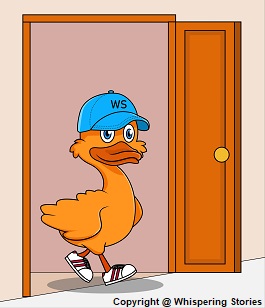
1) If you could have any super power for the day which would you choose?
Time travel. I am a little apprehensive about the near future but would like to have a peek!
2) Do you have any pets?
Our gorgeous springer spaniel Jack died two years ago, and we really miss him. Here he is wearing his medal after the Bigbury Fun Run!

3) If you decided to write an autobiography of your life, what would you call it?
Learning to Dream.
4) Your book has been made into a feature film and you’ve been offered a cameo role, which part would you choose, or what would you be doing?
I would play the part of Gerald, the Head of MI6 – his speech in the penultimate chapter speaks for me.
5) Where is your favourite holiday destination?
New Zealand – Golden Bay and Cape Farewell – places where you can really dream.
6) A baseball cap wearing, talking duck casually wanders into your room, what is the first thing he says to you?
‘Hi! In case you couldn’t guess, I’m Donald Trump.’
I would like to say a big thank you to John Simes for sharing with us details of his writing life and for a wonderful interview.

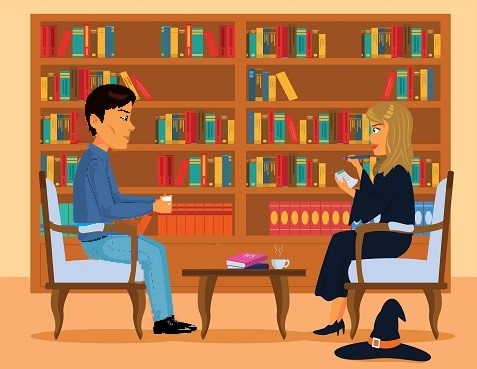
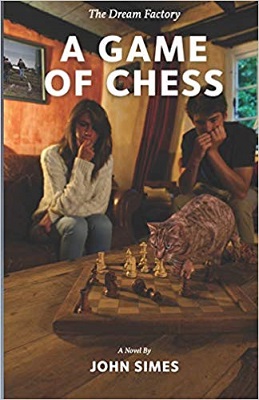

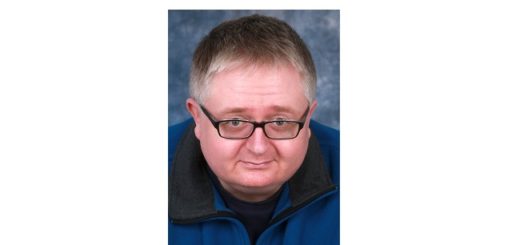
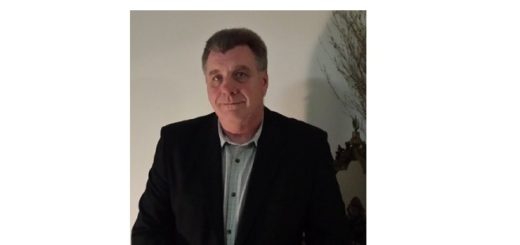
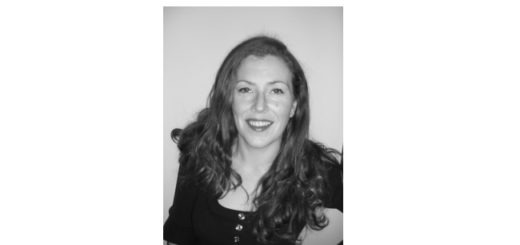
What an interview. Lots of purposeful questions. I enjoyed it.
I always love your interviews! Thanks!
Great interview
I love his writing view! Great interview!
at least his addictions aren’t dangerous 😉
Wonderful interview! You always do such a great job, and I love to get the inside scoop on how writer’s minds work.
Great interview. I absolutely love it
Such a great interview!!! You always do amazing with your interviews.
Thanks Brian, glad you liked it.
Awe. Thank you.
Thanks
I do too, thank you.
Haha!
Thank you. I try my best!!
Thank you, glad you like it.
Thank you.
Another fabulous interview. Book seems good to me.
Thank you. Glad you like the book.
Ooooh! I don’t know. Right now I’m watching far too much cricket….!
Thank you for the brilliantly conceived interview, Stacey.